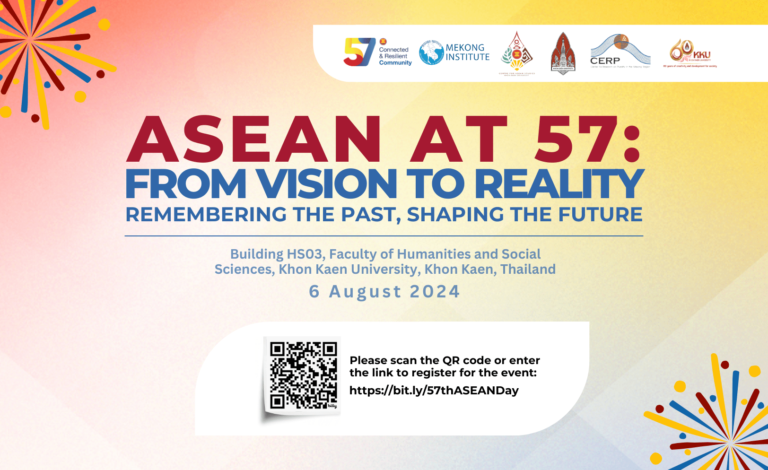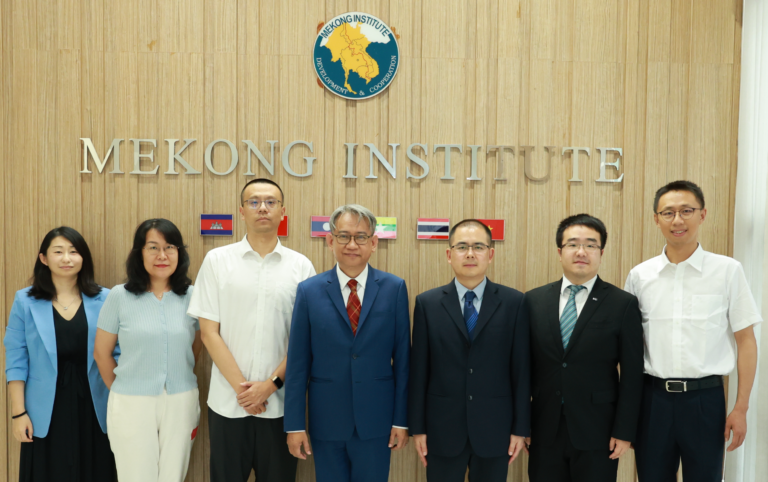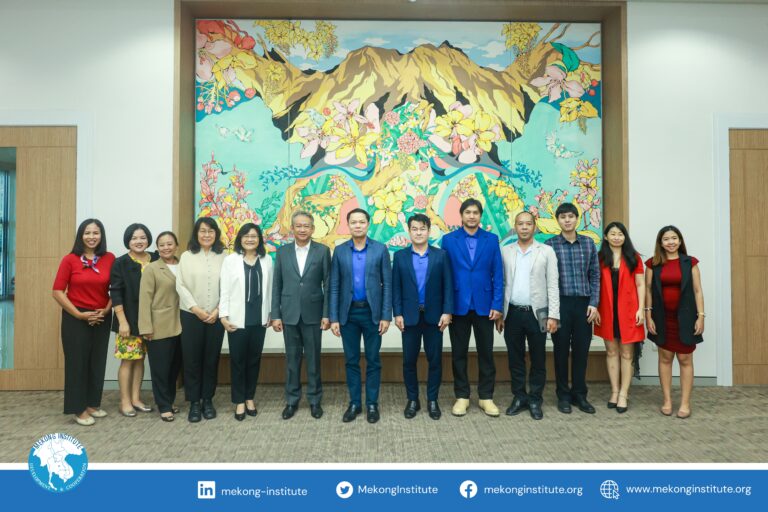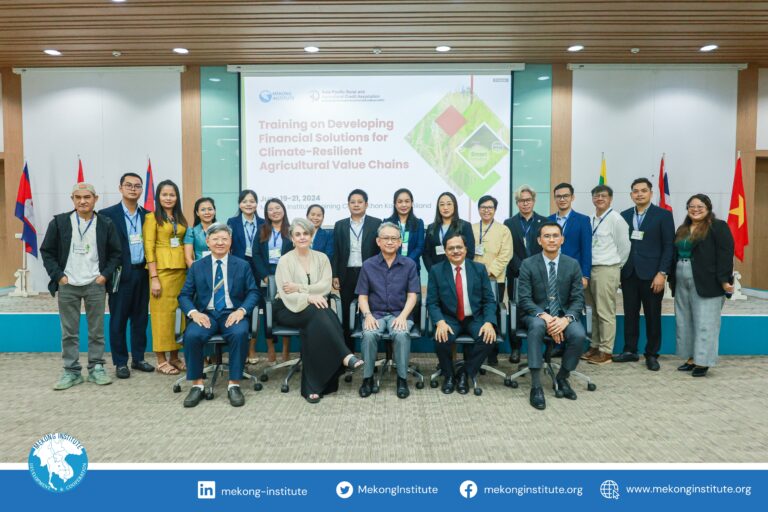As part of the series of food safety training programs supported by the New Zealand Aid Programme (NZAP), Mekong Institute opens the Regional Training Program on Raising Public Awareness for Safe Food Consumption today at the MI Residential Training Center, Khon Kaen, Thailand. This one-week course, running from July 24–28, is the sixth capacity building activity organized under the MI-Food Safety Project (MI-FSP).
With 27 participants representing government agencies, academic institutes, and the private sector in Cambodia, Lao PDR, Myanmar and Vietnam, the training program aims to introduce effective strategies in engaging consumers to be aware of the importance of food safety and, in turn, push for safer fresh produce. The course also targets to strengthen the capacity of the participants to develop and implement practical strategies in developing consumer messages and communication strategies on food safety hazards and risks.
Ms. Maria Theresa Medialdia, Director of MI’s Agricultural Development and Commercialization Department welcomed the participants and delivered the opening remarks. Accordingly, Ms. Medialdia acknowledged the contributions of New Zealand’s AsureQuality, Ltd., in developing the materials and delivering some courses under the MI-FSP.
Stating the objectives of the training course, Ms. Medialdia emphasized that consumers are very important actors in the supply chain. Therefore, it is essential that safe practices in food handling are promoted while effective food safety messages and practical communication strategies are developed. Moreover, this training program also provides an opportunity to establish a strong network of professionals working in the field of food safety management in CLMV.
The MI-FSP is an 18-month initiative implemented to provide training and support services for public and private sector actors in the region. Ultimately, the Project targets to improve food safety knowledge and expertise in the region and provide a platform to develop and implement appropriate food safety regulations and standards.







